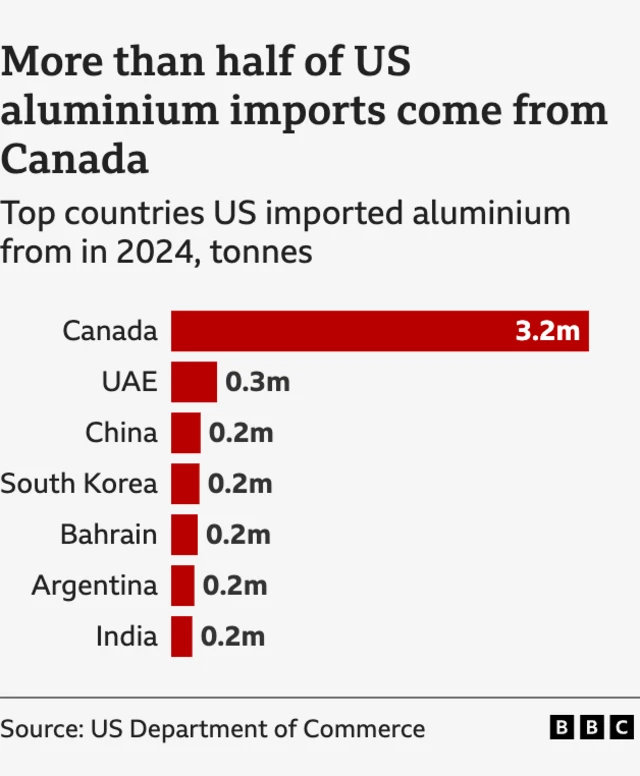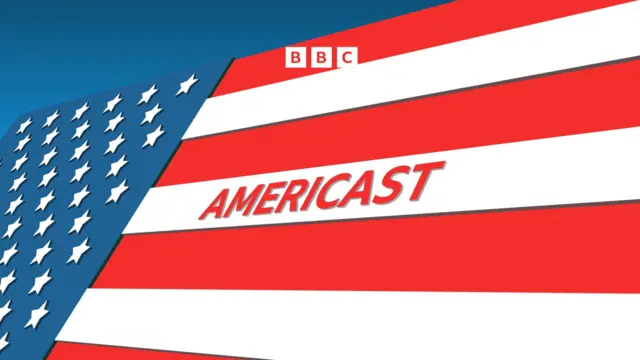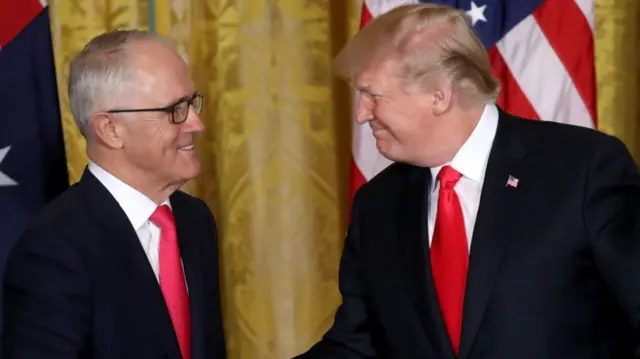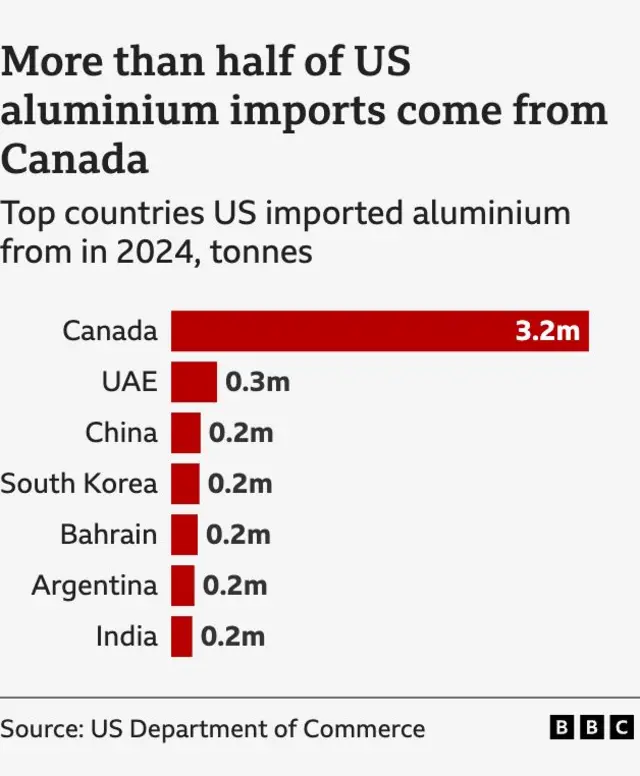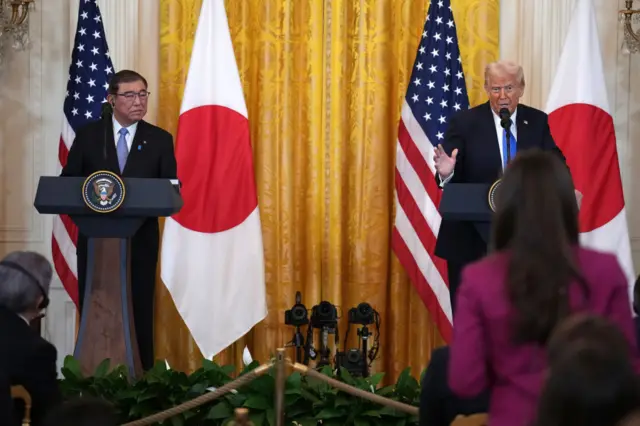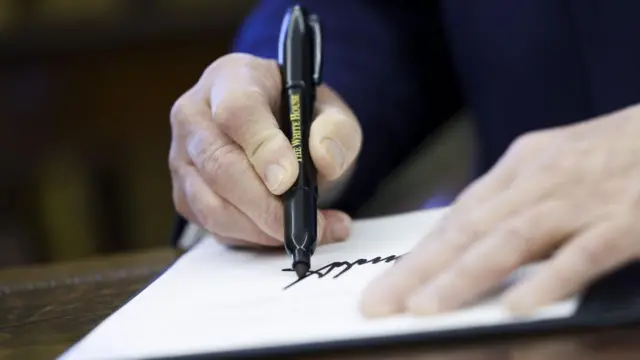Trump to turn his sights back on plastic strawspublished at 22:48 GMT 10 February
 Bernd Debusmann Jr
Bernd Debusmann Jr
Reporting from the White House
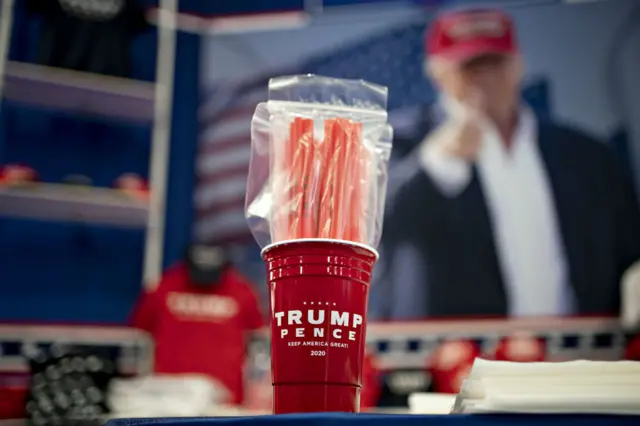 Image source, Getty Images
Image source, Getty ImagesAs we've reported today, one of the executive orders that Trump plans to sign today involve plastic straws - a topic which has been a long-running concern for the US President.
With today's EO, Trump is reportedly planning on undoing an environmental push from his predecessor, Joe Biden, to replace plastic straws across the federal government by 2035.
On his Truth Social social media platform last week, Trump said he would move to end the "ridiculous" campaign against plastic straws.
In a separate post, he encouraged people to enjoy their beverages "without a straw that disgustingly dissolves in your mouth."
During his electoral campaign ahead of the 2020 election - which he ultimately lost - Trump "Trump" branded plastic straws were sold by his campaign - at $15 for 10 - as a replacement for "liberal" paper straws.
A number of US cities and states - including Seattle, California, Oregon and New Jersey - have adopted rules that limit the use of single-use plastic straws or require that businesses provide them only after being asked by customers.
"I do think we have bigger problems than plastic straws," Trump told reporters at the White House in 2019. "You have a little straw, but what about the plates, the wrappers and everything else that are much bigger and they're made of the same material?"

